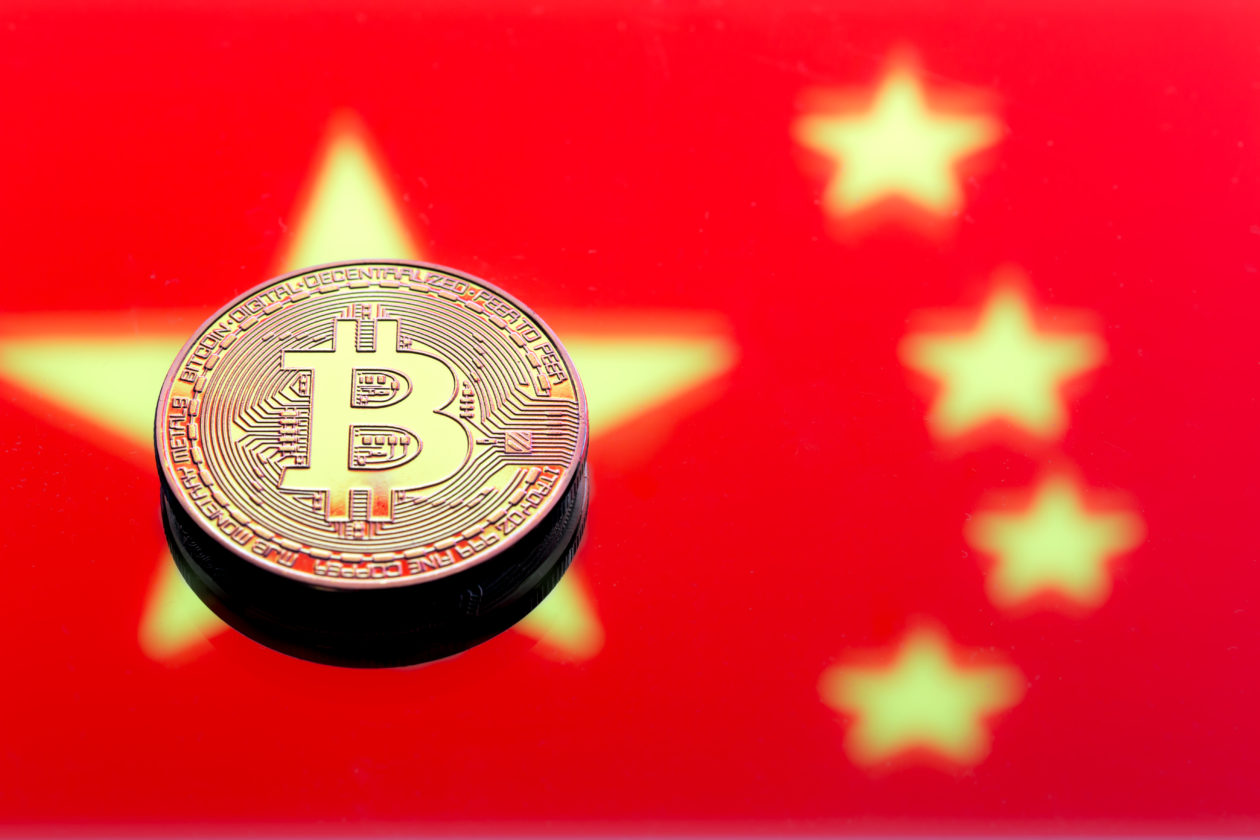China’s Bitcoin Miners Still Dominate Despite Nationwide Ban
24.09.2024 9:00 2 min. read Alexander Stefanov
Despite a nationwide ban on cryptocurrencies, Chinese Bitcoin miners continue to dominate the global network.
According to Ki Young Ju, founder and CEO of CryptoQuant, over 55% of the Bitcoin mining network is still under the control of Chinese mining pools.
#Bitcoin hashrate dominance is shifting to U.S. mining companies.
Chinese mining pools operate 55% of the network, while U.S. pools manage 40%.
U.S. pools primarily cater to institutional miners in America, while Chinese pools support relatively smaller miners in Asia. pic.twitter.com/kepopLWBSD
— Ki Young Ju (@ki_young_ju) September 23, 2024
Ju noted in a September 23 post that while Chinese pools account for 55% of the network, U.S. pools manage about 40%. U.S. pools primarily serve institutional miners, whereas their Chinese counterparts tend to support smaller miners in Asia.
China’s significant presence in the Bitcoin mining landscape is surprising, especially since the country enacted a comprehensive ban on mining and trading in 2021.
Looking ahead, China plans to amend its Anti-Money Laundering (AML) regulations in 2025 to include cryptocurrency transactions, responding to demands for stricter oversight. Experts involved in the discussions on these changes indicated that while the AML law’s scope is broad, the initial draft will focus on urgent issues.
Since the ban, Chinese users have circumvented restrictions, raising concerns about potential money laundering risks associated with cryptocurrency. The upcoming regulations aim to tighten controls on these activities.
Galaxy Digital CEO Mike Novogratz recently mentioned on X that reports suggest China may “unban” Bitcoin by late 2024.
-
1
Bitcoin’s Biggest Holders Could Trigger Next Major Crash, Analyst Warns
16.06.2025 12:00 1 min. read -
2
Chinese Bitcoin Mining Giants Shift to U.S. Amid Rising Tariff Pressures
19.06.2025 21:00 2 min. read -
3
Norwegian Mining Firm Adopts Bitcoin as Treasury Reserve
23.06.2025 22:00 1 min. read -
4
Ethereum Loses Retail Momentum as Bitcoin Pulls Ahead
20.06.2025 21:00 1 min. read -
5
Retail Mood Turns Sour—And That Could Be Bullish for Bitcoin, Says Analyst Firm
21.06.2025 19:00 1 min. read
Bitcoin Enters new Discovery Phase as Profit-Taking Metrics rise and outflows dominate
According to on-chain analyst Darkfost, Bitcoin is entering a new stage of on-chain behavior marked by two key developments: a rare third peak in the SOPR Trend Signal during a single bull cycle and a sustained outflow dominance in exchange flows.
This Week in Crypto: Whale Accumulation, Ethereum Signals, and a Sentiment Shake-Up
According to the latest Santiment report, the crypto market is entering a critical phase, with a mix of bullish on-chain signals and cautionary sentiment indicators.
Mysterious $8.6B Bitcoin Transfer Sparks Speculation Over Satoshi-Era Wealth
In a stunning on-chain event that has reignited curiosity across the crypto community, more than $8.6 billion worth of Bitcoin linked to the network’s earliest years—commonly referred to as the “Satoshi era”—was quietly moved on Friday in what analysts believe is the largest single transfer of early-mined BTC ever recorded.
Esports Giant Moves Into Bitcoin Mining
The parent company behind the iconic esports brand Ninjas in Pyjamas (NIP) is taking a sharp turn into the world of Bitcoin mining, signaling a significant evolution from pure entertainment to digital infrastructure.
-
1
Bitcoin’s Biggest Holders Could Trigger Next Major Crash, Analyst Warns
16.06.2025 12:00 1 min. read -
2
Chinese Bitcoin Mining Giants Shift to U.S. Amid Rising Tariff Pressures
19.06.2025 21:00 2 min. read -
3
Norwegian Mining Firm Adopts Bitcoin as Treasury Reserve
23.06.2025 22:00 1 min. read -
4
Ethereum Loses Retail Momentum as Bitcoin Pulls Ahead
20.06.2025 21:00 1 min. read -
5
Retail Mood Turns Sour—And That Could Be Bullish for Bitcoin, Says Analyst Firm
21.06.2025 19:00 1 min. read


